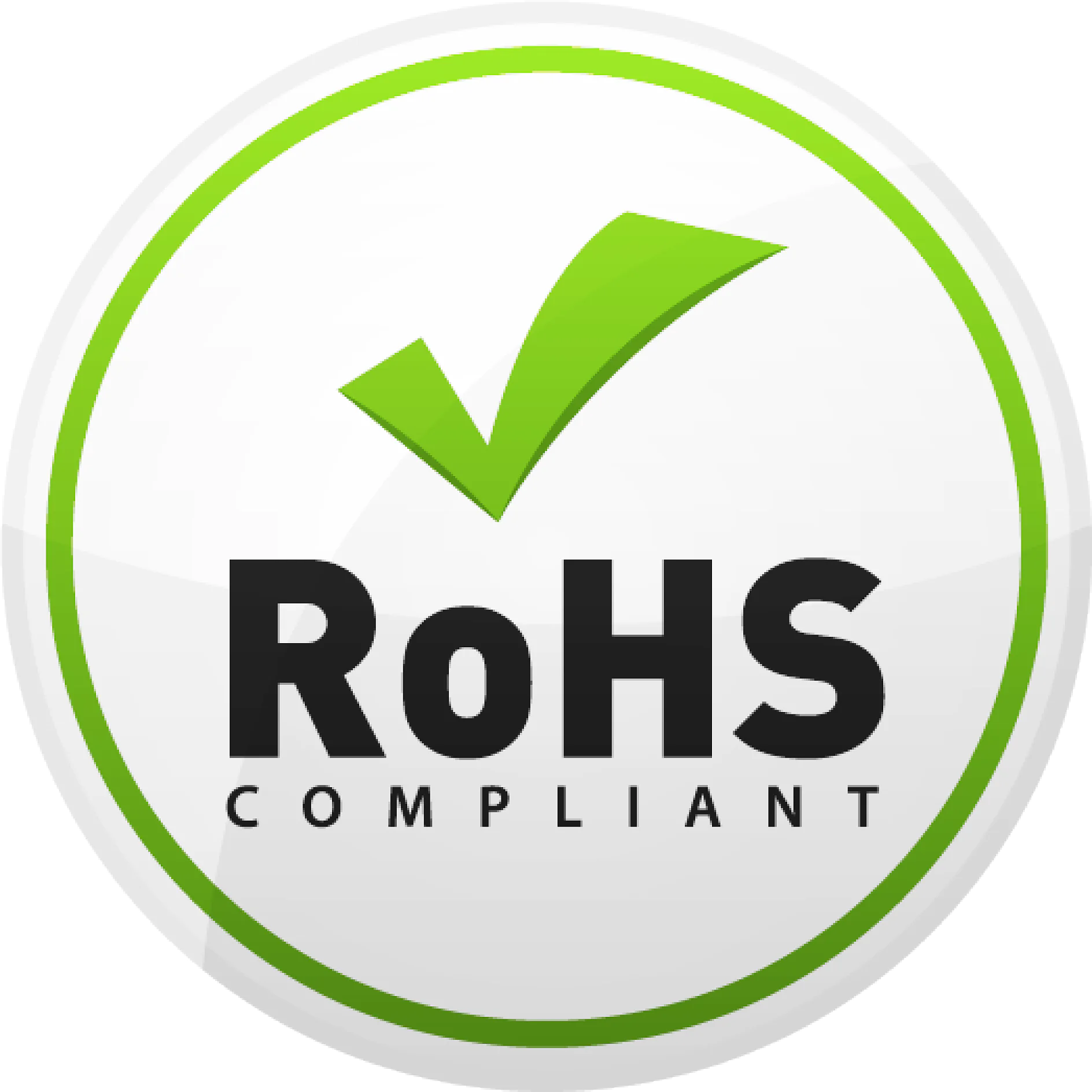Industries and economies also profit from standards. When entire industries adhere to these, product quality is widespread, competition is fair, and markets grow. Nations build reputations as centres of excellence, and trust in local companies extend beyond borders. As these businesses expand, they employ more people, and economies prosper.
The certification process lets companies provide feedback to authorities. Industry opportunities and challenges can be voiced and debated, and the feedback used to improve standards even further. Standards also allow governments to keep track of dangerous elements circulating within the economy, and authorities can monitor the associated risks.
Manufacturers benefit from using safe components as well. In countries where standards are not monitored, using certified components helps companies stand out from the crowd, and demonstrate their value. This competitive edge can even be used to break into new markets. Furthermore, attention to health and safety matters leads to greater staff and customer loyalty, and can win the respect and trust of the community.
Conversely, business that do not comply with standards could be fined, risk being closed down and typically experience reputational damage.

